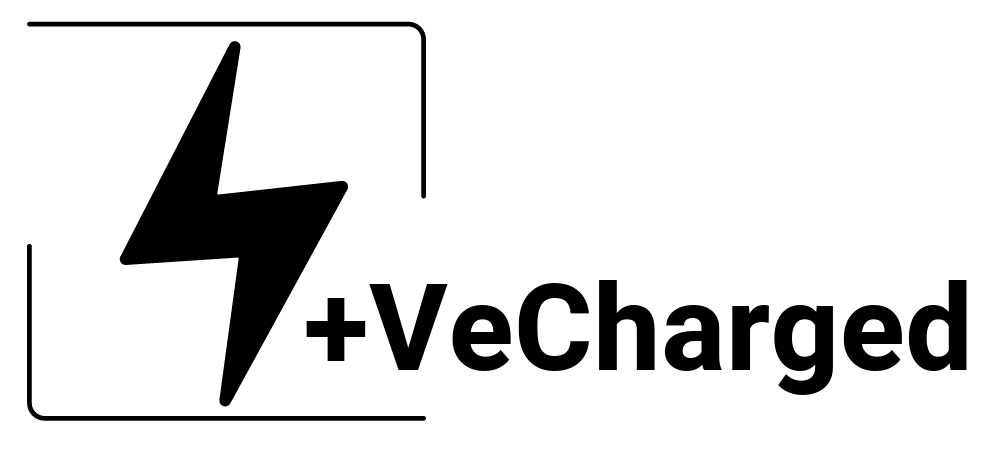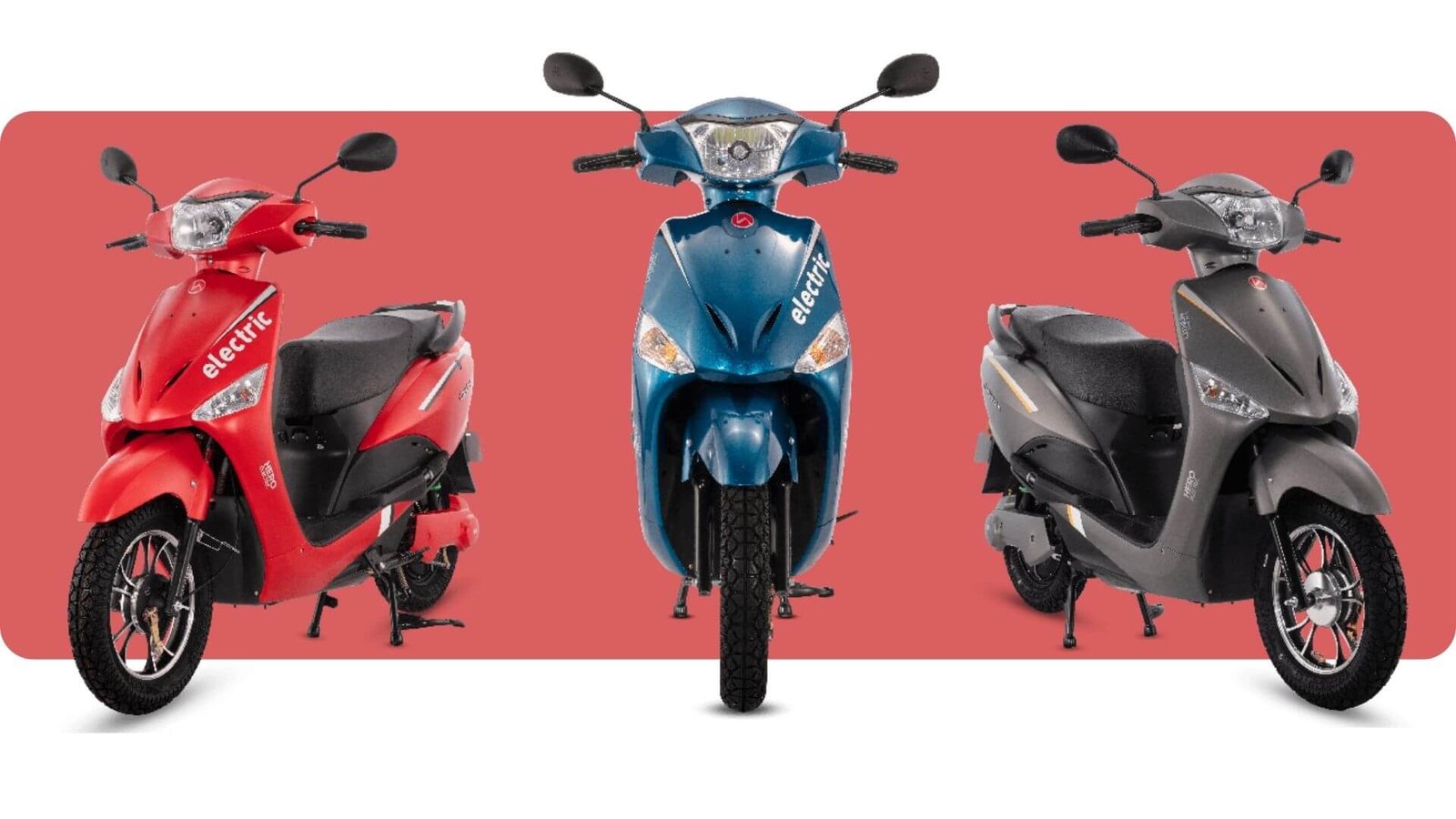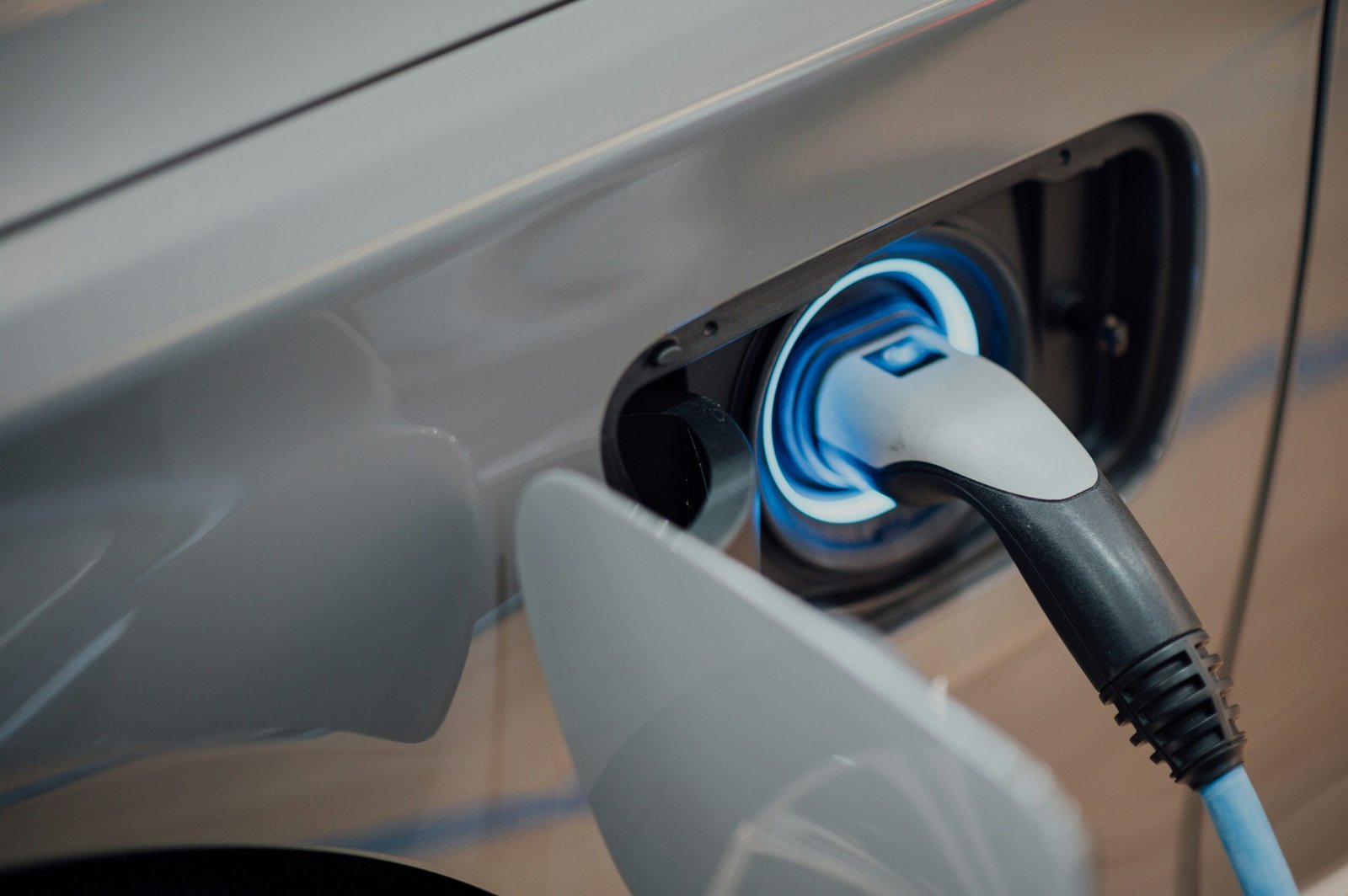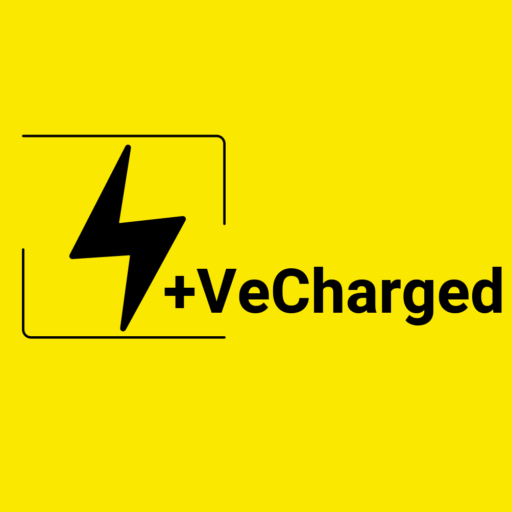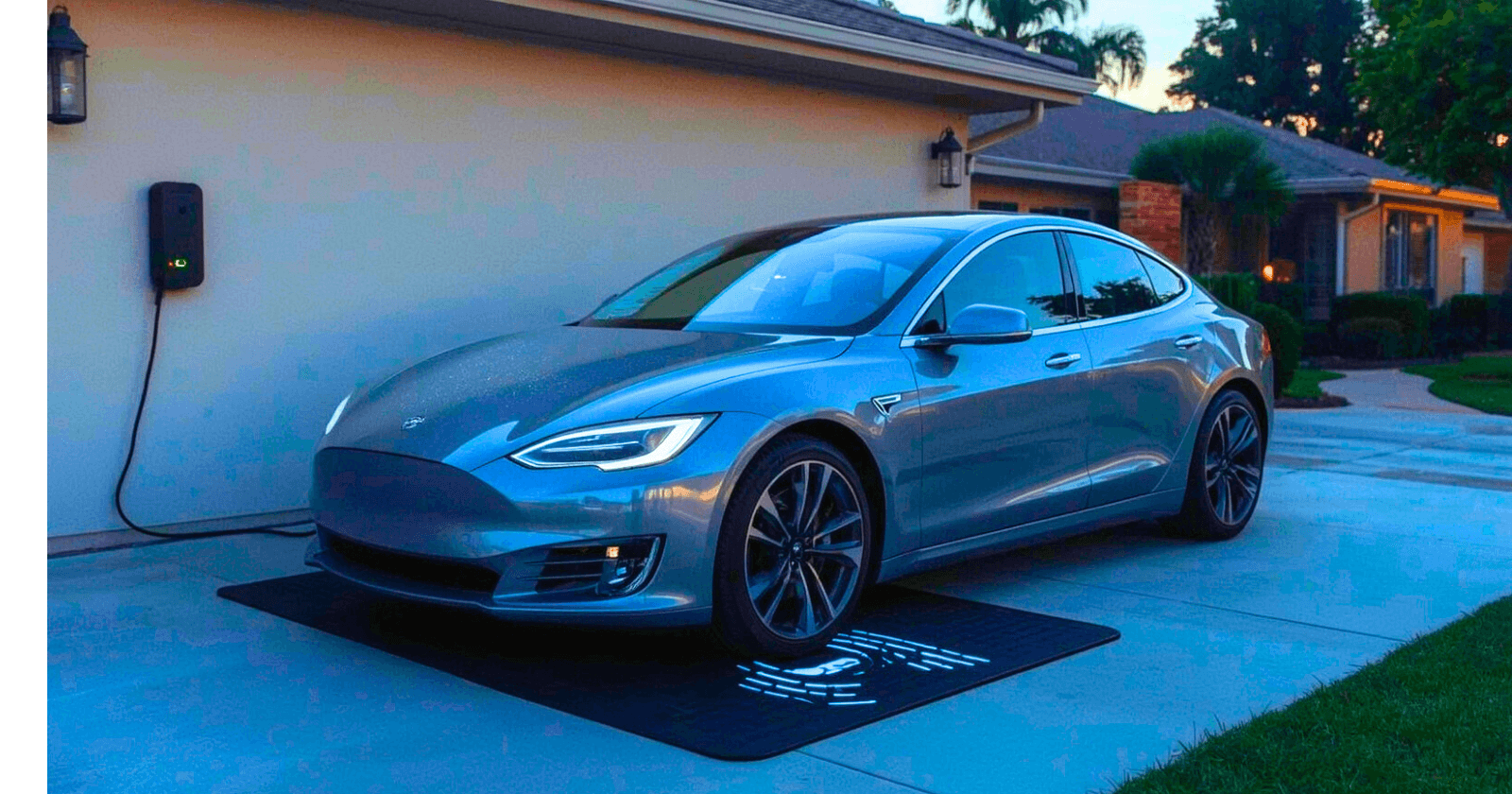The used electric car market is heating up! With gas prices fluctuating, more drivers are considering the switch to a pre-owned EV. Two top contenders are the Chevy Bolt EV and Nissan Leaf—both offer great value and an eco-friendly ride. But which one suits your needs best? Let’s dive in!

Range Anxiety? Let’s Talk Batteries
- Chevy Bolt EV: The Distance Champ If you regularly take longer trips or need to rely heavily on public charging, the Bolt EV generally wins. Most model years offer significantly greater range than a standard Nissan Leaf. It also utilizes the more widespread CCS fast-charging standard.
- Nissan Leaf: City Slicker and the Leaf Plus For short commutes, a standard Leaf is perfectly adequate. However, seek out the “Leaf Plus” (introduced in 2019) for a much bigger battery and competitive range to the Bolt EV.
Climate Considerations: Battery Health
- Hot Summers? Bolt EV Has the Edge The Bolt EV’s advanced liquid cooling system protects the battery in extreme heat. Early Nissan Leafs, with passive air cooling, are more prone to battery degradation in consistently hot climates.
- Mild Weather: Both Are Good Options Newer Leafs have improved battery management, mitigating this concern. A well-maintained older Leaf can still be reliable.
Practical Matters: Space and Comfort
- Nissan Leaf: The Roomier Choice Especially in hatchback form, the Leaf offers greater legroom and cargo space. This makes it a better choice for families or those who frequently haul stuff.
- Chevy Bolt EV: Compact but Efficient While slightly less spacious, the Bolt EV’s upright design creates a sense of roominess. It’s fine for solo commuters or smaller households.
The Fun Factor: How Do They Drive?
- Chevy Bolt EV: Surprisingly Zippy Known for its peppy acceleration and agile handling. User Review: “I never expected my EV to be so fun! The Bolt EV is quick off the line and makes zipping around city traffic a breeze.” – Sarah P., Denver CO
- Nissan Leaf: Smooth and Serene Prioritizes a calm, comfortable commute. User Review: “The Leaf is the perfect stress-free drive home after a long day at work.” – Mark T., Seattle WA
The Price is Right: Which is More Affordable?
- Leaf’s Historical Advantage: Nissan Leafs often have slightly lower asking prices due to past tax credits making them more plentiful in the used market.
- Bolt EV’s New Price Drops: Recent price cuts on new Bolt EVs make them increasingly competitive with even older used Leafs.
- Shop Smart: Always compare similar model years and mileages for the most accurate picture. Consider the potential cost of replacing a battery down the line.
Comparison Table: Bolt EV vs. Leaf
| Feature | Chevy Bolt EV | Nissan Leaf (Standard) | Nissan Leaf Plus |
|---|---|---|---|
| Typical Range (approx) | 250+ miles | 150 miles | 225+ miles |
| Charging Standard | CCS (more widespread) | CHAdeMO | CHAdeMO |
| Battery Cooling | Active liquid cooling | Passive air cooling (improved in newer models) | Active liquid cooling |
| Interior Space | Good for 1-2 people, less cargo room | Roomier, better for families | Similar to standard Leaf |
| Driving Feel | Peppy, agile | Smooth, relaxing | Similar to standard Leaf |
The Verdict? It’s Up to You!
There’s no single “best” choice — it depends on your priorities. Consider your typical commute distance, local climate, space needs, and how much you value a fun-to-drive factor.
Always:
- Test Drive!: Nothing beats feeling how a car fits YOU.
- Get an Inspection: A trusted mechanic is essential with any used car purchase.
It depends on the model year. Generally the Chevy Bolt EV offers longer range than a standard Nissan Leaf. Here’s a rough guide:
Chevy Bolt EV (most years): 250+ miles
Nissan Leaf (standard): 150 miles or less
Nissan Leaf Plus (2019 onwards): 225+ miles
Yes, battery health is a valid concern in hot areas. Here’s why:
Early Nissan Leafs (pre-2019) are more prone to battery degradation in extreme heat due to passive cooling.
The Chevy Bolt EV’s active liquid cooling system offers better protection in all climates.
Newer Nissan Leafs have improved battery management, but hot climates can still accelerate wear over time.
Yes, there was a major battery recall affecting many Bolt EVs. However, units with the replacement batteries should have long warranties, making them a less risky purchase now. Always check the specific VIN of any used Bolt EV before buying.
Chevy Bolt EV: Known for being peppy and quick to accelerate, offering a surprisingly sporty feel.
Nissan Leaf: Prioritizes a smooth, quiet, and comfortable ride, ideal for relaxed commuting.
It varies greatly based on the specific car, its condition, and market fluctuations. However, here are some factors to consider:Used EVs may initially cost slightly more than a gas car.
You’ll save significantly on fuel and maintenance with an EV over time.
Look for used car rebates or tax credits that might apply in your area.
Recent price cuts for new Bolt EVs make them highly competitive with used car prices.
Vehicle history reports: Carfax, AutoCheck, etc.
Manufacturer websites: Details on recalls, warranties, etc.
Online forums and owner communities: Get real-world experiences

Suhas Shrikant is the founder of Vecharged and an engineering enthusiast specializing in high-power off-grid solar systems. He has designed and built over a dozen custom systems and uses his hands-on, field-tested experience to create Vecharged’s expert guides and reviews.
